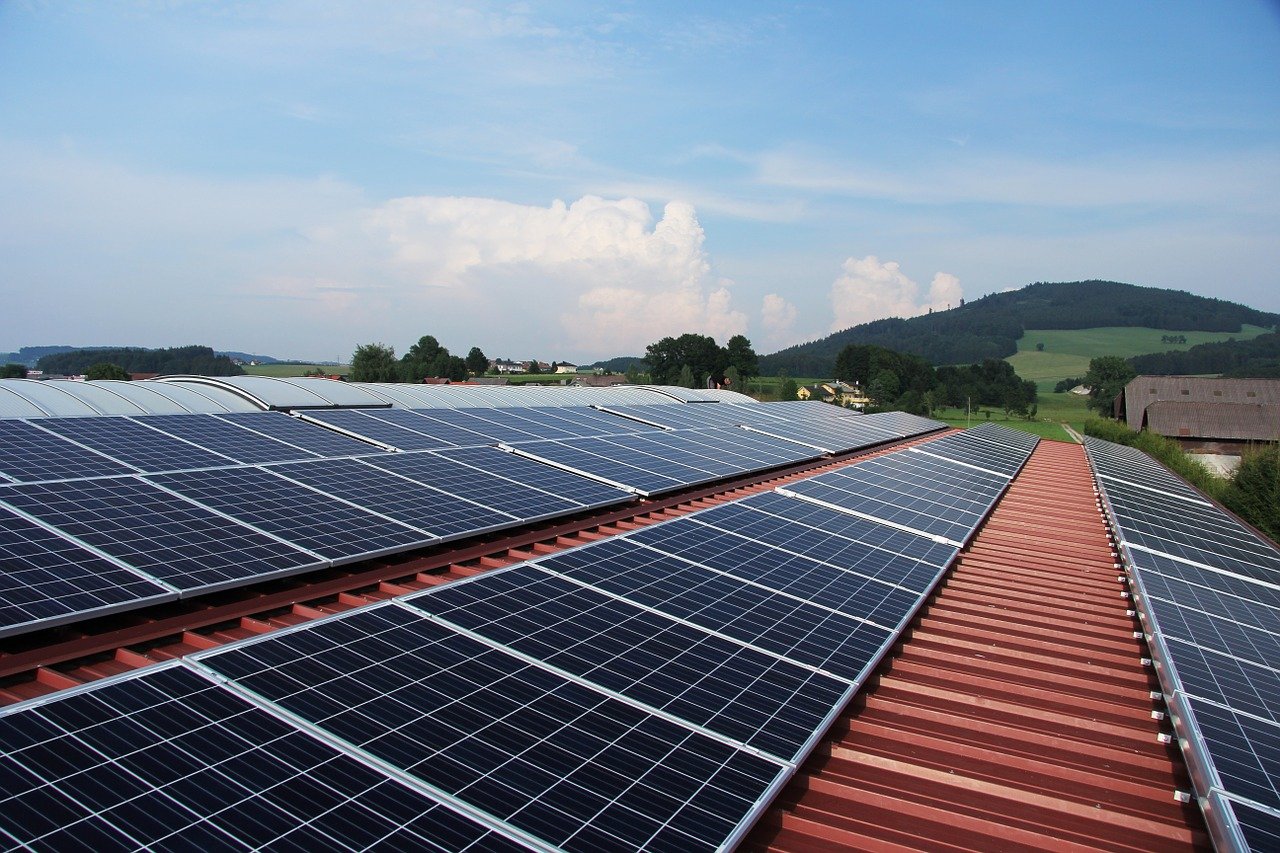It’s not hard to see the effects urbanization has on the environments it’s established in, and it’s well known that we impact ecosystems negatively by building cities over them. Many species end up going extinct because they fail to adapt to the concrete jungles of our society, except for one study saying otherwise, that our cities are actually making spiders, bigger.
Very few species thrive on our urbanized landscape, like raccoons, certain birds, and the golden orb-weaver spider, a particular species that caught the eye of Elizabeth Lowe, a researcher at University of Sydney. Lowe had observed that the spiders were unusually plump, and had developed the theory that it is because of urbanization.
Elizabeth and colleagues collected a total of 222 female spiders from various locations in Sydney, ranging from inner-city areas to continuous bush land to see if urbanization affected the growth and reproduction of these spiders, so they measured the size, fat reserves and egg production of the specimens gathered.
The found that the larger inner cities housed larger specimens of the golden orb-weaver spider, specimens from inner city parks weighed an average of 1.6 grams compared to the 0.5 grams that the wilderness spiders average was, that’s triple the weight.
The reason speculated to why the growth of these spiders is so drastic in the city is because of the higher temperatures and food supply. These spiders mostly hang around artificial light sources that attracts their prey, and the higher temperatures prove to make comfortable conditions for the spider, another reason speculated is that their natural predator does not appear as much, birds and spider hungry insects don’t appear in the city as often as the spiders do.
The research for this theory has so far only been tested on golden orb-weaver spider, but researchers suggest that this fact may hold true for spider species around the world! Now this may not be such a bad thing as spiders are a natural way to keep other pests away such as mosquitoes, working to prevent the spread of disease. We are actually benefiting from their adaption. Good job, spiders.






